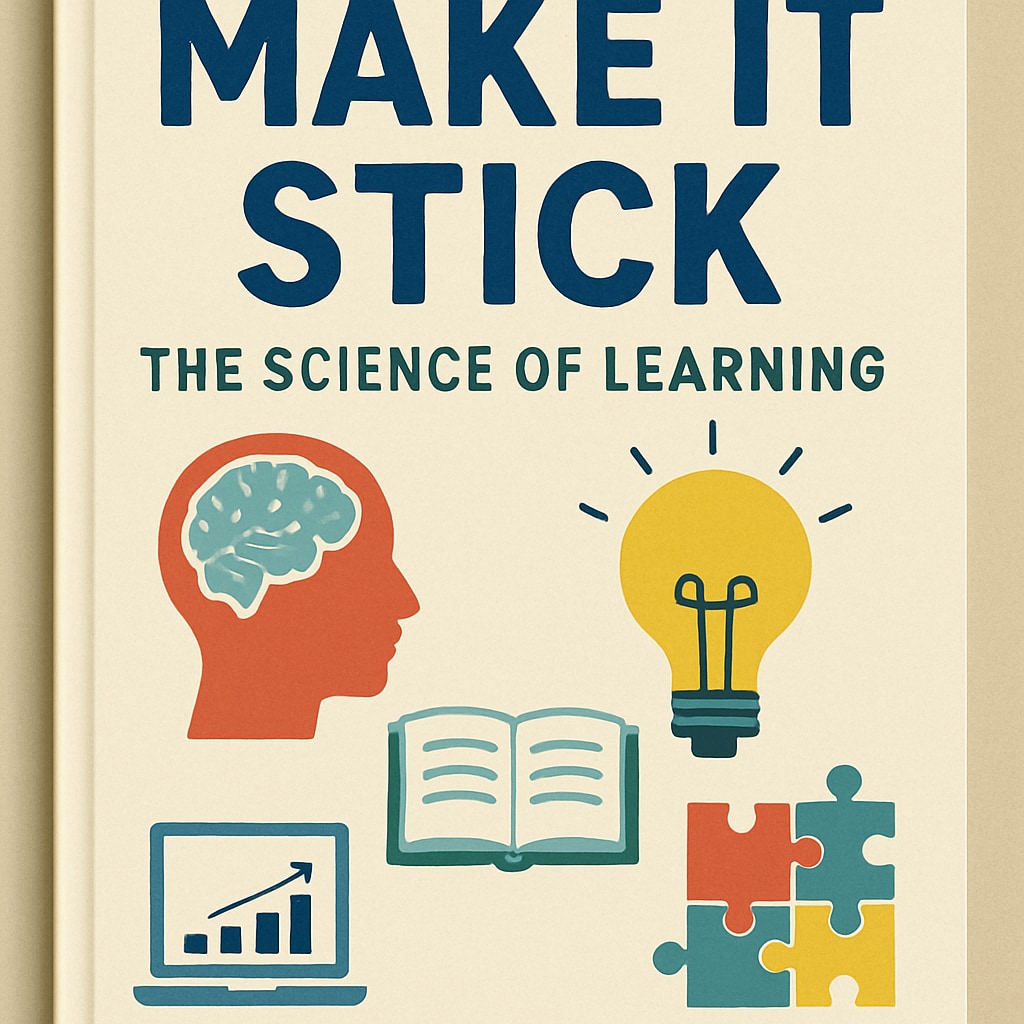Mastering learning methods, information recall, and finding the right study books is more important than ever for teens and young adults. In today’s fast-paced world, efficient learning techniques can help students achieve more in less time while retaining valuable knowledge. From understanding memory principles to developing personalized study systems, these seven books offer transformative insights for anyone looking to excel academically and beyond.
1. “Make It Stick: The Science of Successful Learning” by Peter C. Brown
If you’ve ever struggled with retaining information after hours of studying, this book is for you. “Make It Stick” explores scientifically proven techniques for effective learning, such as spaced repetition, interleaving (mixing different topics during study), and active recall. The authors challenge traditional methods like cramming and highlight strategies that genuinely improve long-term retention.

2. “Mindset: The New Psychology of Success” by Carol S. Dweck
Carol Dweck’s groundbreaking work introduces the concept of a “growth mindset,” which emphasizes the importance of believing in your ability to improve through effort and perseverance. This book is particularly relevant for young learners, as it helps shift perspectives from fearing failure to embracing challenges as opportunities for growth.
3. “A Mind for Numbers: How to Excel at Math and Science (Even If You Flunked Algebra)” by Barbara Oakley
While the title focuses on math and science, Barbara Oakley’s book is a treasure trove of insights for mastering any subject. It teaches techniques like chunking (grouping information into manageable pieces) and optimizing memory. Her approach is friendly and relatable, making it an excellent choice for teens intimidated by complex topics.
4. “The Power of Habit: Why We Do What We Do in Life and Business” by Charles Duhigg
Learning isn’t just about memorizing facts; it’s also about building strong habits. “The Power of Habit” explains how habits form and how they can be changed to create a productive routine. For students, cultivating consistent study habits can lead to noticeable improvements in academic performance.
5. “Deep Work: Rules for Focused Success in a Distracted World” by Cal Newport
Distractions are one of the biggest obstacles to effective learning in the digital age. Cal Newport’s “Deep Work” provides strategies for improving concentration and maximizing productivity. His concept of “deep work” encourages individuals to dedicate focused, uninterrupted time to cognitively demanding tasks, which is essential for mastering complex subjects.

6. “The 7 Habits of Highly Effective People” by Stephen R. Covey
While not exclusively about learning, this classic book offers valuable principles like prioritization, goal setting, and proactive thinking—all of which contribute to better study habits and time management. Covey’s advice is timeless and applicable to both academic and personal life.
7. “Moonwalking with Einstein: The Art and Science of Remembering Everything” by Joshua Foer
This fascinating book dives into the world of memory champions and their techniques, such as the memory palace method (associating information with specific locations in an imagined space). Foer’s storytelling makes these methods accessible and entertaining, inspiring readers to enhance their own recall abilities.
Each of these books brings unique insights into the art of learning. Whether you’re looking to improve memory, develop better habits, or focus more effectively, they offer practical strategies that can be tailored to your needs.
Pro Tip: Start by selecting one book that resonates most with your current challenges, and gradually integrate its principles into your study routine. Over time, combining these approaches can create a robust and personalized learning system.
For more information on related topics, check out authoritative resources like Memory principles on Wikipedia and Learning techniques on Britannica.


